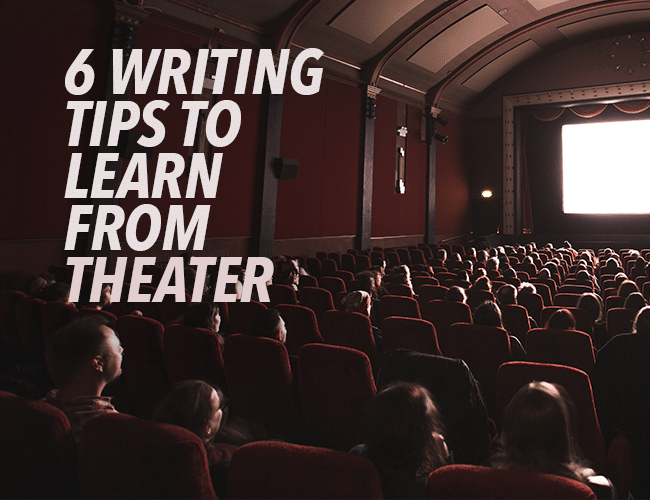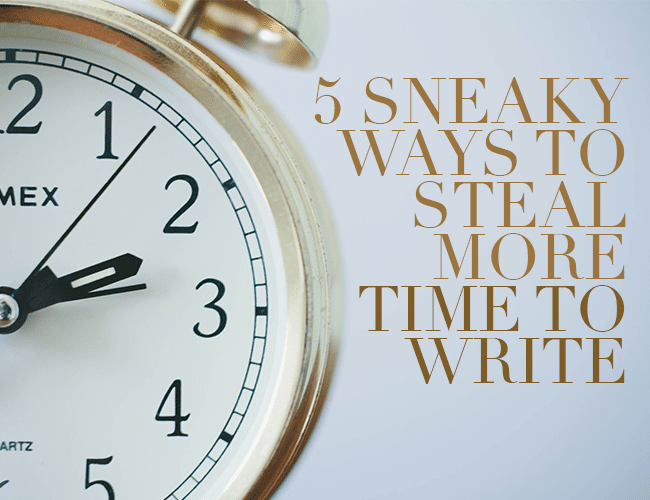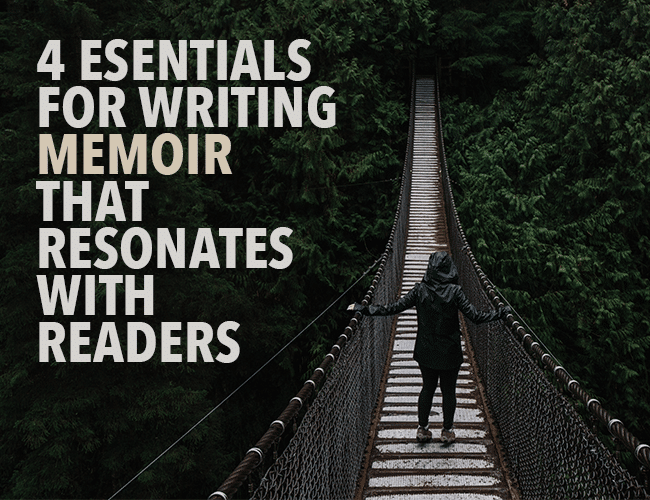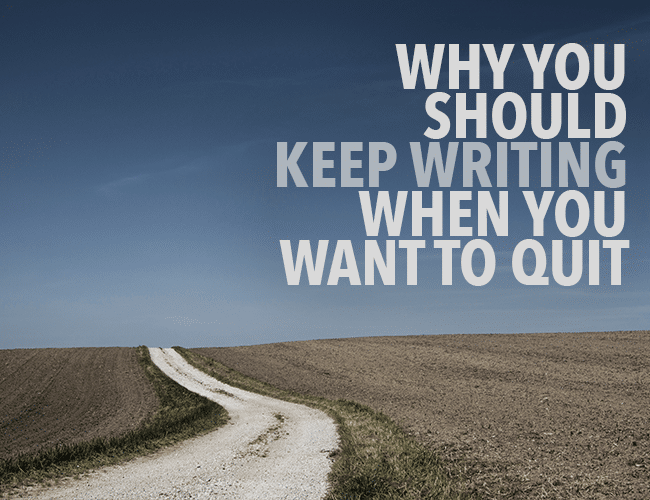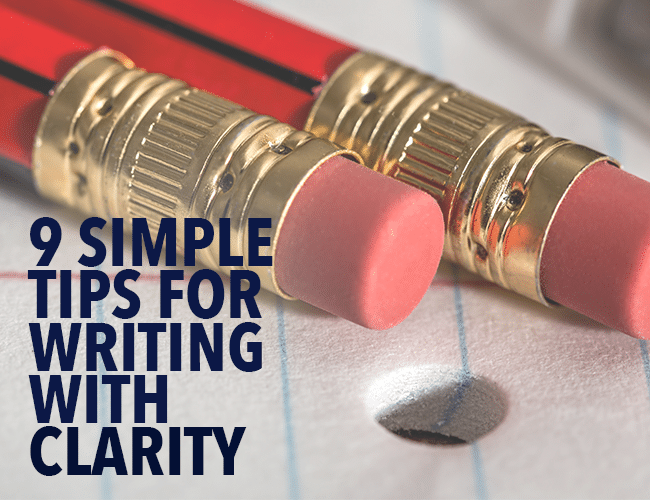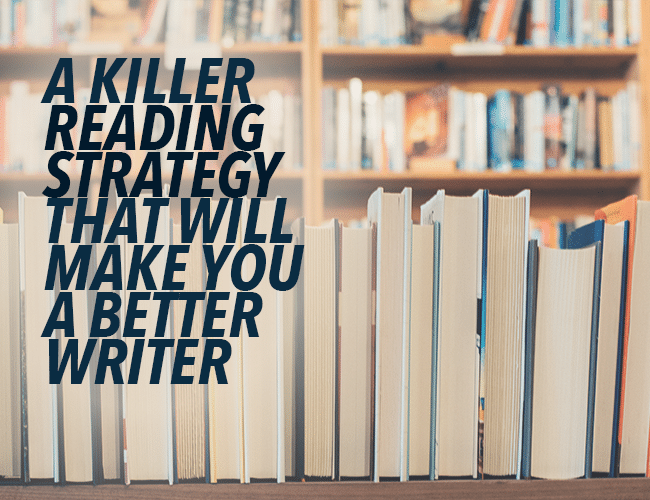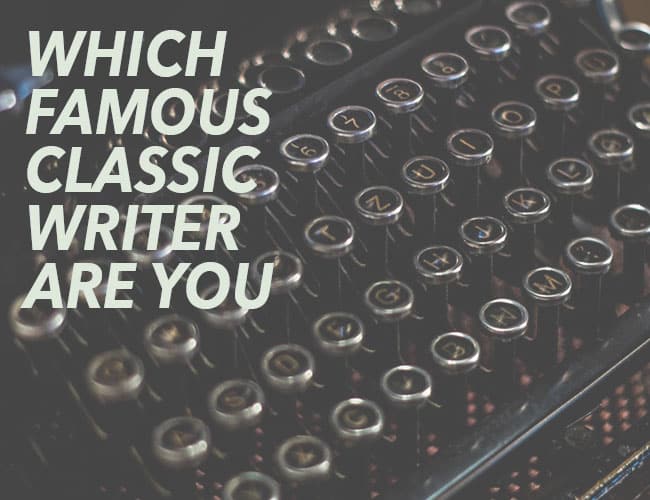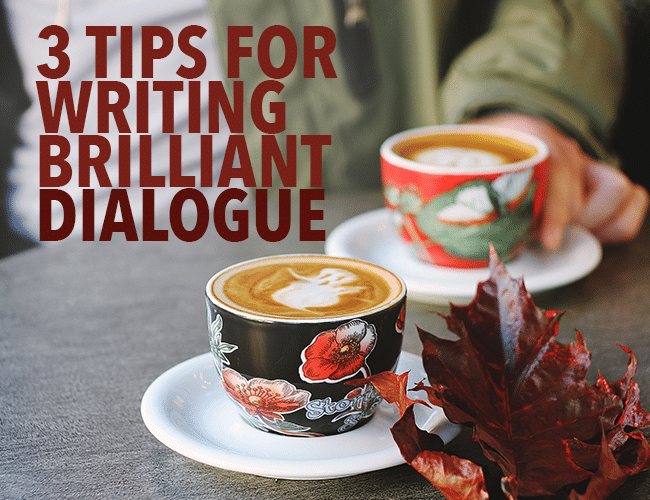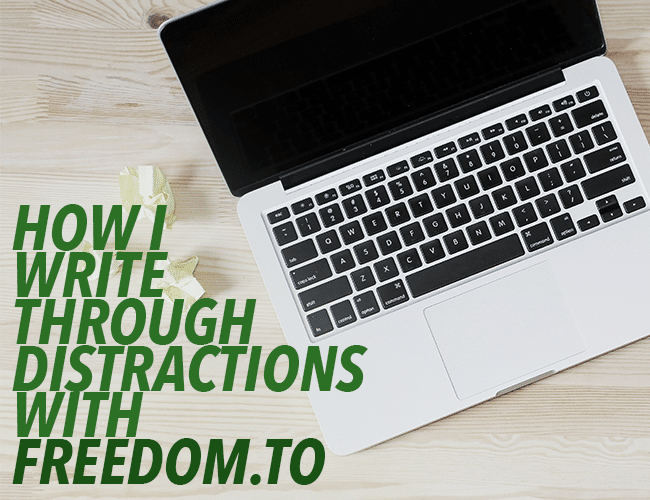I’ve learned a lot about theater over the past year through my interest in musicals, my college theater class, and participating in a couple of theater groups. Throughout all of these experiences, I’ve noticed a bunch of similarities between performing or writing a play and writing a story. Here are six of them.
